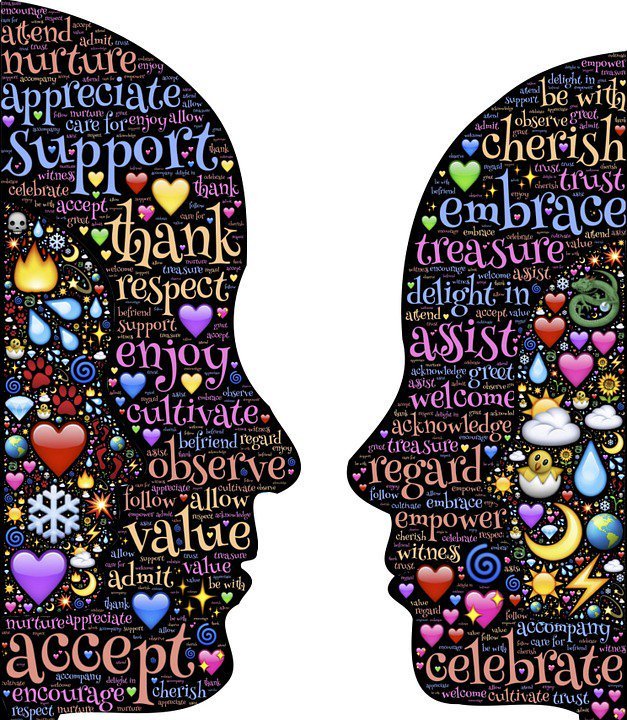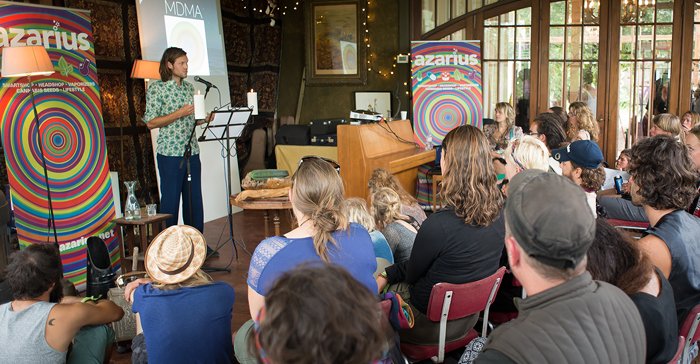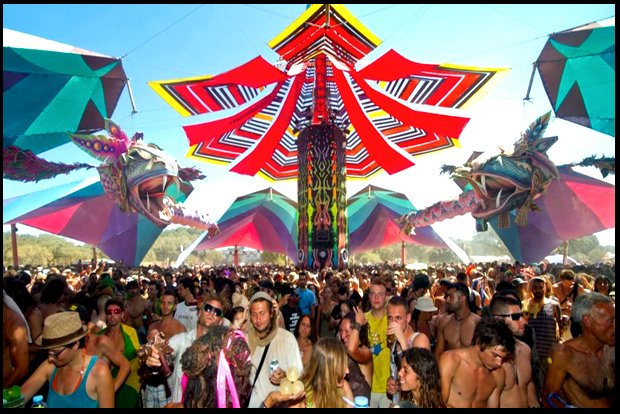Some weeks ago, a journalist mentioned - in a radio show - some researchers concluded that couples using MDMA at home results in stronger relationship, and may even save relationships.
This made me laugh! Did they really needed a research for that?
Although gazillion people in the world have some to more experience with MDMA - also known as Ecstasy or XTC - science requires studies. And many of those studies are executed, not only in the Netherlands, but also in the USA and other countries.
Most important findings are:
- MDMA results in more empathy for others
- MDMA results in conversations on deeper levels
- MDMA lowers the boundaries to talk about feelings and insecurities
- MDMA gives a strong feeling of love for the other - even when the other is a stranger, eg someone met that evening
- MDMA gives a feeling of being one with the other

History
Although MDMA is known for its usage in the party scene, it is a chemical developed more than a century ago. The substance - which we now call XTC - was first developed in 1912. This happened in Germany - in a laboratory by the drug manufacturer E. Merck - who was looking for new medicines. The new substance was made from safrole oil from nutmeg. The product was patented in 1914, but was never taken into production by Merck company. In 1952 and 1953, the US Army commissioned tests by University of Michigan researchers.
In the early 1960s, Alexander Shulgin - a researcher of the American chemical company Down Chemical Company - invented a number of new methods to create MDMA. He was able to prepare MDMA purely synthetic from the piperonal substance.
In the 70s MDMA had a therapeutic application. Psychiatrists used the drug to make patients more open and emotionally less inhibited. At the end of the seventies a group of chemists established an illegal laboratory in California. They wanted to market MDMA. The name MDMA was not considered appropriate and they called it 'Ecstasy', ie XTC or E.
XTC was not used in the nightlife but at home. The use was strongly aimed at discovering the inner world. Since 1980, XTC started to be sold in the streets and found its way to the hippies, yuppies and students.

image: XTC in all sorts of shapes and forms
Therapeutic Drug
Since the beginning of this century, the scientific research on therapeutic MDMA use has increased again. Around 2008, the first positive results where published using MDMA as a tool in the treatment of psychiatric disorders such as anxiety disorders and post-traumatic stress disorder (PTSS). According to chairman Joost Breeksema of the independent OPEN foundation - which stimulates scientific psychedelic research - the results have remained positive. When the results stays positive, MDMA may be legally used for people with PTSS in about five years, he expects. MDMA may be "a very suitable tool" to support relational therapy. The question is whether this will be possible in the short term. "A relationship problem is not a disorder that will be compensated by insurances or governments, so research will not be financed soon."

image: Joost Breeksema - OPEN foundation
Relationship Therapy
In 2015 and 2016, small surveys suggested that a pill from time to time may deepen a love relationship. During a study by South Bank University in London, ten couples who already had experience with MDMA, used the drug in an intimate setting. They dared to talk more openly about topics normally not talked about, they understood their partner better and men were more emotional. These effects also continued for a while after use. From US research amongst 35 people, it was discovered that the participants talked about their loved ones more intimate and used words like "friend," "support," and "empathy" more often.
Drug researcher Ton Nabben - University of Amsterdam - suspects that in the Netherlands in the 1980s experiments were also conducted with MDMA to support relational therapy. But then especially in the private setting, in new age circles or within the then popular Bhagwan movement.

image: Ton Nabben - Univerity of Amsterdam
Today, people still use the drug at home, according to Nabben. How many home users take MDMA to boost their relationship, Nabben and the Trimbos Institute - Dutch Drug Research institute - do not know. Nabben: "What we clearly see is that the group that ever used MDMA, is increasing." The older the user gets, the more likely he or she uses at home instead of on the dance floor. Thus, the drug researcher expects home use to increase in the coming years and an increasing number of people will use the drug for more therapeutic purposes. "Of course, these are not just romantic couples. Recently I spoke to a sixty year old woman who had taken MDMA with her girlfriends at her daughter's home. They had the night of their lives: they had never talked so freely and openly. They suddenly saw the patterns in their friendship."

Drug - Set - Setting
According to Nabben, a common misconception is that only the drug determines the drug experience. "That is incorrect. In science, we speak of drug, set, setting: those three factors all have effects to the experience. If a person uses MDMA in a romantic environment, then you will talk more free and at a deeper level, maybe even some yoga."
Barbara and her friend - one of the couples taking part in a recent study on MDMA - recognises this. When they use MDMA at a party then they go up in the music. At home, they get together. For optimum results they light candles, put on some quiet music and do not drink alcohol - "otherwise we will forget everything that is said the next day."
Afterwards, the evening feels like a reset of their relationship. That's also because they link actions to their conversations. An example? "My mother is sick often," says Barbara. "My friend had been thinking for months that I'd get sick too, that he has to take care of me for the rest of my life. During an evening MDMA, he dared to talk about it and he realised that it was ridiculous." The next day he actioned a plan to not be effected as much as before when such thoughts would come to his mind. Their MDMA evenings also feel like a reset because the attraction deepens. Because after an open conversation, the sexual atmosphere is also very open.

Future
In the future, do we all take a pill to strengthen the relationship or discover it again? As support during the relationship therapist session probably not, according to Breeksema - OPEN Foundation. "Not so bad", Barbara says, "home is more intimate". A therapist would only be useful to get acquainted with the drug. "You must be able to do what you want during such MDMA evening. For example, take off your pants. That does not happen with a therapist."
Some Scientific Articles
Psychedelic Psychotherapy Insights From 25 Years of Research (September 29,2016) [click here]
Therapeutic effect of increased openness: Investigating mechanism of action in MDMA-assisted psychotherapy (June 1, 2017) [click here]
Treating posttraumatic stress disorder with MDMA-assisted psychotherapy: A preliminary meta-analysis and comparison to prolonged exposure therapy (April 26, 2016) [click here]
